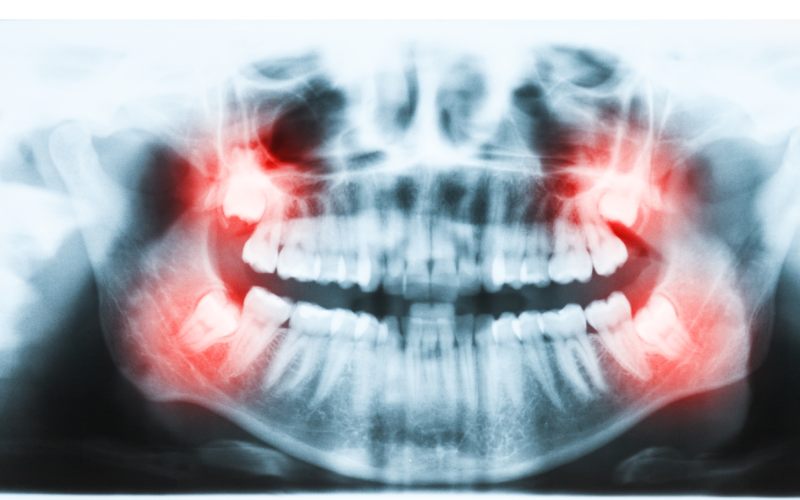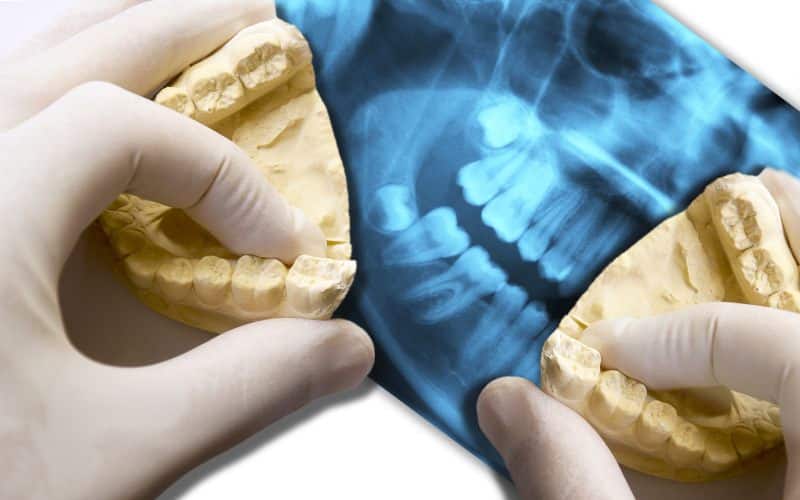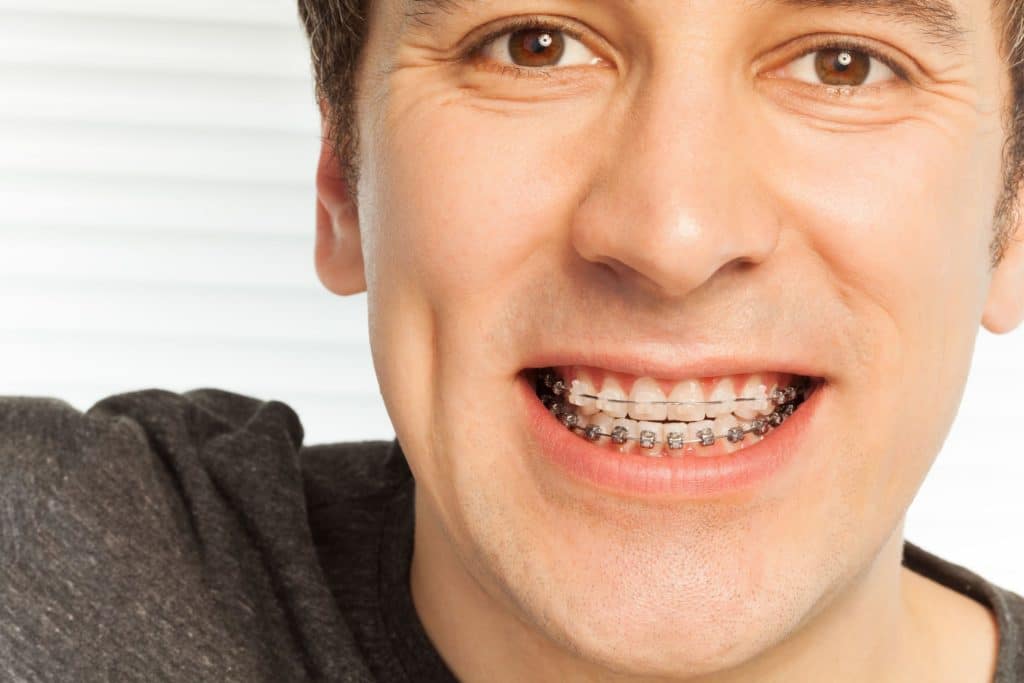Wisdom teeth, also known as third molars, are the last set of molars to emerge in the human mouth. Wisdom teeth usually start to emerge between the ages of 17 and 25. Not everyone develops wisdom teeth; some people may have fewer than four, or none at all. For a variety of reasons, however, wisdom teeth can often bring a host of problems and complications, and they often need to be removed.

Table of Contents
ToggleWhen Wisdom Teeth Erupt
The emergence of wisdom teeth varies from person to person, and it can be an uncomfortable process. Some individuals experience minimal discomfort, but many have significant issues.
Wisdom teeth break through the gum tissue in a process known as eruption. This can cause tenderness and soreness in the affected area. If there is enough room in the mouth and the tooth erupts completely and correctly, there may be no issue with the tooth. However, most people do not have enough room, and wisdom teeth are often impacted, meaning they aren’t growing in properly.
Impacted Wisdom Tooth
When a wisdom tooth cannot erupt fully and normally, it is called an impacted wisdom tooth.
Partially Impacted Wisdom Teeth
Soft tissue impaction is the most minor situation. The wisdom tooth’s crown partially emerges through the gum tissue but doesn’t fully erupt. It can create a flap of gum over the tooth, leading to pain, infection, or discomfort.
With a partial bony impaction, the tooth remains partially covered by bone, causing pain and swelling. It may partially break through the gum line, making cleaning difficult and increasing the risk of infection and decay.
Fully Impacted Wisdom Teeth
A complete bony impaction is the most severe case. The tooth remains fully encased within the jawbone. Surgical extraction is necessary to prevent pain, cyst formation, gum disease, and damage to neighbouring teeth.
Symptoms
Wisdom teeth can cause a variety of symptoms and discomfort. It’s essential to recognize these signs to address any potential issues promptly.
The most prevalent symptom is pain or jaw stiffness. This pain can range from mild to severe. More severe pain is generally associated with problems with the tooth.
The gum tissue around the emerging wisdom teeth may become swollen and inflamed, leading to further discomfort. Also, because wisdom teeth can impact the alignment of existing teeth, it can start to make eating more difficult.
You may also experience bad breath or an unpleasant taste if you are starting to have issues with bacterial buildup and decay because of wisdom tooth complications.

Most Common Wisdom Teeth Problems and Complications
Complications with emerging wisdom teeth are common, so it’s important to be aware of them.
Impacted wisdom teeth can lead to pain, infection, and damage to adjacent teeth as they emerge at awkward angles that may grind against other teeth. In severe cases, they can even cause cysts or tumors. When wisdom teeth partially emerge, there is a risk of infection in the surrounding gum tissue, known as pericoronitis. This condition can cause pain, swelling, and difficulty in opening the mouth.
Many people don’t have enough room in their mouths for these new teeth coming in, which causes crowding. Wisdom teeth can exert pressure on adjacent teeth, causing them to shift out of alignment. Orthodontic treatment may be needed to correct this if wisdom teeth aren’t removed in time. Wisdom teeth that are too close to neighbouring teeth can also rub against them, causing damage or decay.
Wisdom teeth are challenging to clean properly due to their location at the back of the mouth, and tight spacing and issues from impaction makes it easy for food and bacteria to get trapped, so there are greater risks of decay and gum disease.
Extraction
Given the potential problems and complications associated with wisdom teeth, extraction is often recommended when issues arise. Extraction is typically performed by an oral surgeon or dentist and involves the removal of one or more wisdom teeth.
Removing wisdom teeth can prevent the common complications associated with them, such as damage to other teeth and shifting them out of alignment, and can provide relief from the pain and discomfort associated with emerging wisdom teeth.
Wisdom teeth can be challenging to clean properly, so removing them can make good oral hygiene easier.
Even if wisdom teeth do not currently cause issues, they may do so in the future. Preventive extraction can avoid potential complications down the line.
What If You Don’t Have a Wisdom Tooth Extraction?
While some people have enough room in their mouth to avoid crowding issues, and each wisdom tooth may erupt correctly, most people have issues and need these teeth removed. Many dentists and oral surgeons recommend having them removed as a preventative measure.
If you are experiencing any pain, or a dentist recommended that you have your wisdom teeth removed, delaying or failing to have the required extractions done will lead to increasing oral health concerns.
Complications like impaction and infection can worsen over time, causing increased pain and discomfort that will continue until the source of the pain is removed. Additionally, wisdom teeth pushing against neighbouring teeth can result in damage such as fractures and decay, and this continues to get worse the longer they are left. Furthermore, untreated infections around wisdom teeth can spread, potentially leading to more severe health issues. Moreover, wisdom teeth can disrupt the alignment of existing teeth, often requiring orthodontic treatment to correct the crookedness; again, delaying an extraction means that straightening teeth again will be increasingly complicated and take longer.

If Your Wisdom Teeth Are Emerging:
Wisdom teeth are natural but can lead to pain, infection, and other oral health issues. Recognizing the symptoms of emerging wisdom teeth and potential issues, and seeing a dentist quickly to address any issues is important to avoid more severe pain, damage to other teeth, and other concerns.
If you suspect your wisdom teeth, or your child’s wisdom teeth are causing issues, contact the team at Orchard Park Dental. We will assess and diagnose your situation, and can remove wisdom teeth conveniently at our office.

After attending McMaster University to obtain his Health Science undergrad degree, Dr. Christopher Sims made his way to Toronto to complete his DDS degree at the University of Toronto. But his education didn’t stop there.
He’s completed a number of additional courses to best serve his patients and be able to educate them too. No matter your age or dental condition Dr. Sims can assist you in a professional manner and loves answering any of your questions or concerns.
Dr. Sims grew up in Grimsby playing basketball, so he’s always up for talking about the Raptors! He’s also a football fan – go Buffalo Bills! In his free time, if he’s not watching a basketball game or football game, you’ll likely find him working out, cooking (got any new recipe ideas?), and of course, spending time with his amazing family.










